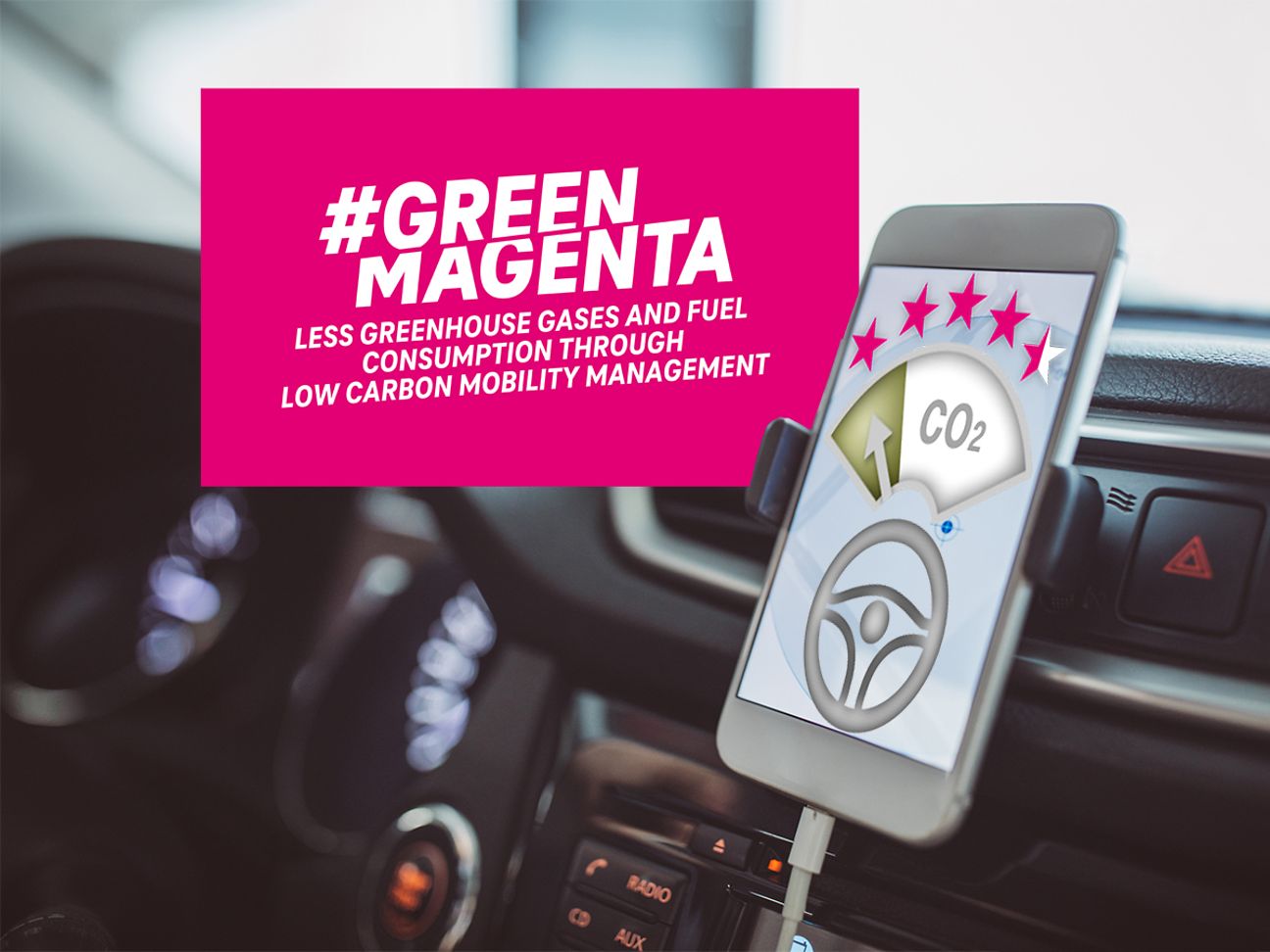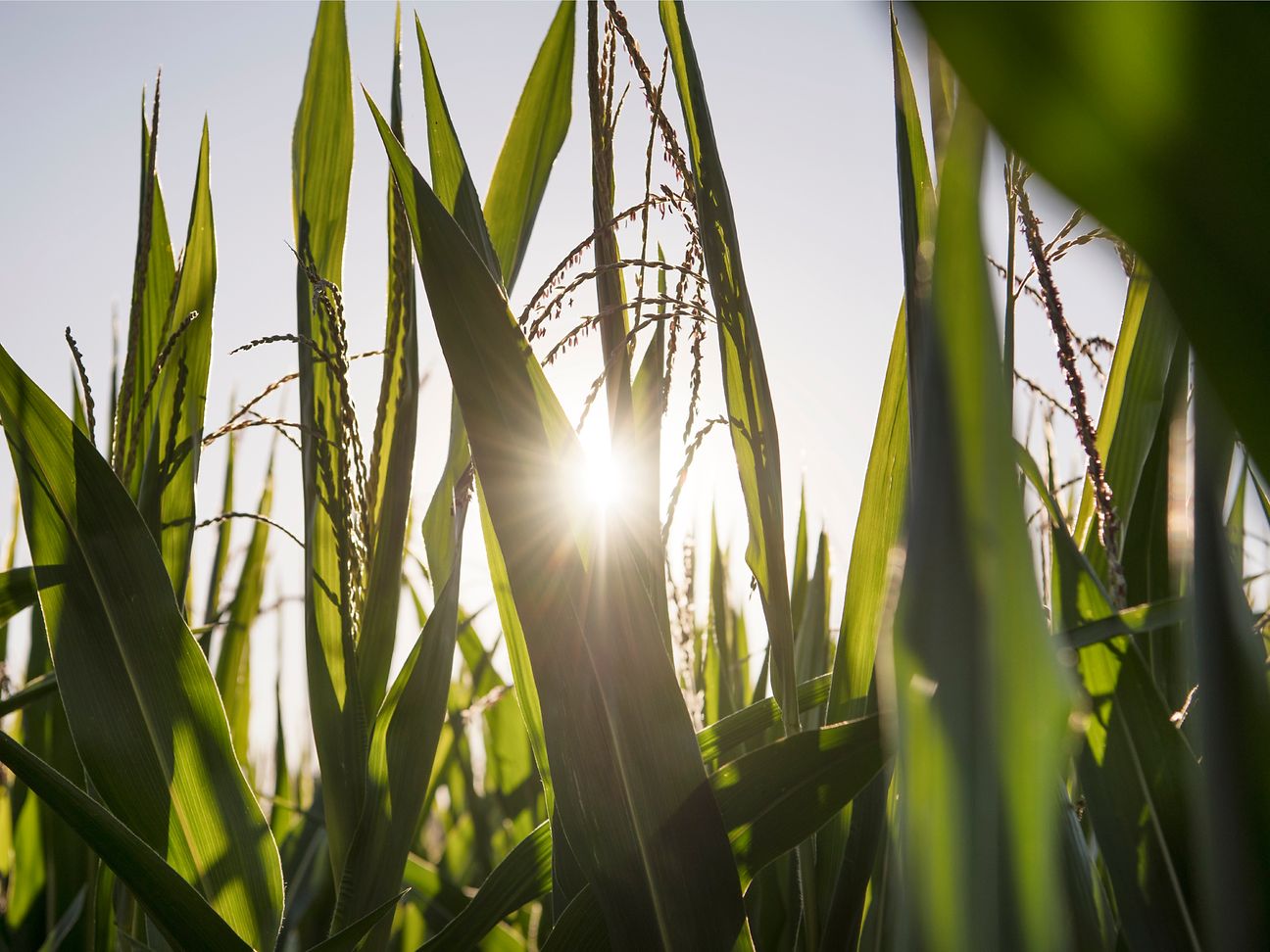

Costs and CO2: Why logistics companies should rely on the driving style app
In Germany, since the beginning of the year, a new CO2 tax has made gasoline and diesel seven and eight cents per liter more expensive, respectively. This is why it is all the more important to save fuel. A driving style analysis app can help. Researchers at the German-Chinese Research Center at the DLR in China have used it to significantly reduce fuel consumption and CO2 emissions at cab and bus companies and freight forwarders.
Regardless of the product or industry, logistics is involved in every step of the value chain, from purchasing and manufacturing to distribution to the consumer. Logistics companies are under intense competitive pressure. First and foremost, this means cost pressure. But they are also under image pressure, because transportation damages the environment. Avoiding and reducing emissions - that's what matters now.
Good news: in logistics in particular, cost reduction and responsible business practices go hand in hand. With Low Carbon Mobility Management (LCMM), freight forwarders can reduce their fuel consumption and greenhouse gas emissions by eight to 15 percent. This is reflected in lower costs. It is all so very simple: An app transmits the emissions data for heavy trucks as well as vans or even passenger cars via mobile communications, without any changes to the vehicle's electronics. All that is required is the movement data and a little physics.
Convincing arguments
- Get orders: Drivers using the LCMM app spend an average of ten percent less on fuel. The lower the fuel consumption, the lower the price in the bid. In tough competition, price is often the winning factor.
- Act responsibly: Up to 200 kg of greenhouse gases per van and month can be saved with the app for good driving. In Germany, 21 percent of greenhouse gases are produced by transportation. Two-fifths of this is light and heavy trucks or buses.
- Report emissions for business partners: With the LCMM app, logistics partners can easily prove the important figures on CO2 emissions per shipment to their customers. Because companies are increasingly paying attention to integrate climate targets sustainably into their supply chains.
- Manage complexity easily: Any driver with a GPS-enabled smartphone can use the LCMM app. The vehicle's electronics remain completely unaffected. Logistics companies have to be flexible and quick in getting the right goods to the right place at the right time. To do this, they rely on subcontractors, often with changing vehicles and changing drivers.
- Choosing the best route: Dispatchers use an analysis of LCMM data and the route profile to plan the most efficient routes. Taking a hilly route with many curves and traffic-jammed sections is less economical.
- Benefit from anticipatory driving: A good driving style saves maintenance costs. Abrupt acceleration and braking stresses the material, for example the brake pads. In addition, driving with foresight reduces particulate pollution. And it avoids accidents.
- "Driver training included": The LCMM app for good driving style shows with a simple color symbolism when the driver is driving "in the green zone". Who doesn't want to score points and "set the style"?
Sustainable? Of course!
The app was developed from 100 percent renewable energy. The solution bears the #GreenMagenta label. With #GreenMagenta and #GoodMagenta, Deutsche Telekom identifies particularly ecological or socially sustainable offers.
Pure physics instead of averages
GPS is used to measure acceleration and deceleration, standstill, air resistance, incline and rolling resistance in accordance with Newton's laws. With an app on the driver's mobile phone, the GPS signals are sent via mobile communications to a secure cloud from


